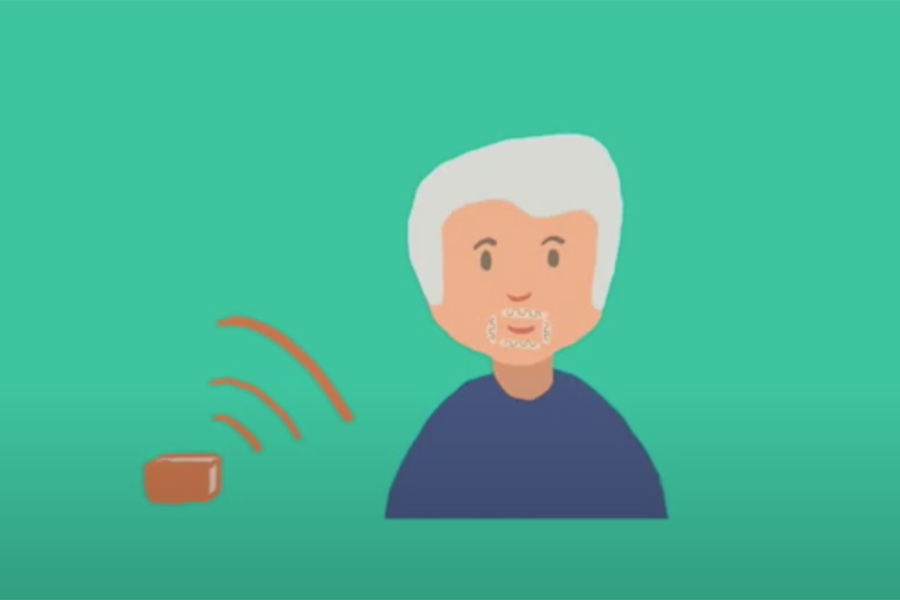
Talking Tattoos
A team of Carnegie Mellon University researchers has developed RFID tattoos that can assist users with voice disabilities. There are two million people in the United States of America who experience voice impairments. The team’s system specifically applies to acquired voice disorders, where users continue to be able to make facial and lip gestures associated with speech, but are unable to produce sounds.
The team led by Swarun Kumar, assistant professor of electrical and computer engineering, has designed a system called RFTattoo that attaches four customized temporary and battery-free tattoos around the user’s mouth to sense facial and tongue movement. A mobile reader wirelessly reads out the data sent by the tattoos and relies on a natural language processing framework to reconstruct the intended speech of the user.
“Our design is inspired by temporary children’s tattoos, which are stretchable and flexible enough to feel the skin stretch as we make any facial movement,” said Jingxian Wang, a Ph.D. candidate in electrical and computer engineering.
Currently, assistive solutions for voice-impaired patients require a specialized keyboard where users need to type every word they want to say or cameras that raise privacy concerns.
“RFTattoo neither requires battery-powered wires on the skin or manual hand input devices,” said Wang. “The technology has implications for body sensing beyond speech, and we are actively exploring applications such as monitoring body temperature, heart rate, and even brain activity.”
The team includes Ph.D. students Chengfeng Pan, Haojin Jin, Vaibhav Singh, Yash Jain, Jason Hong, professor of electrical and computer engineering, and Carmel Majidi, professor of mechanical engineering.
The team will present their work on Sep 15th, 2020, at the annual ACM UbiComp conference.